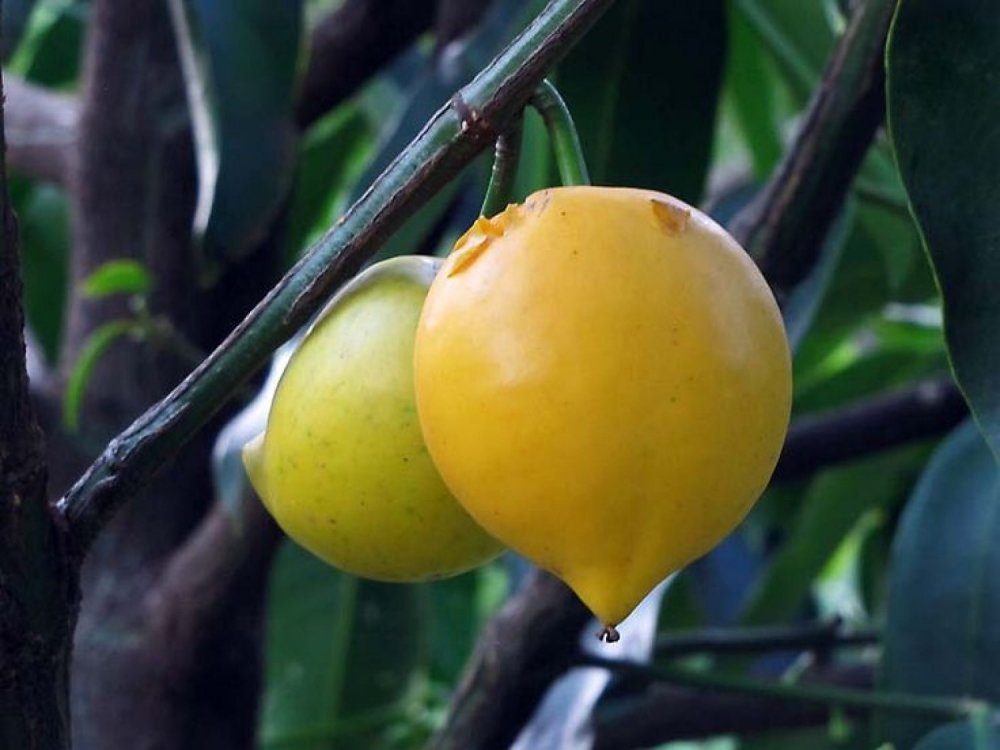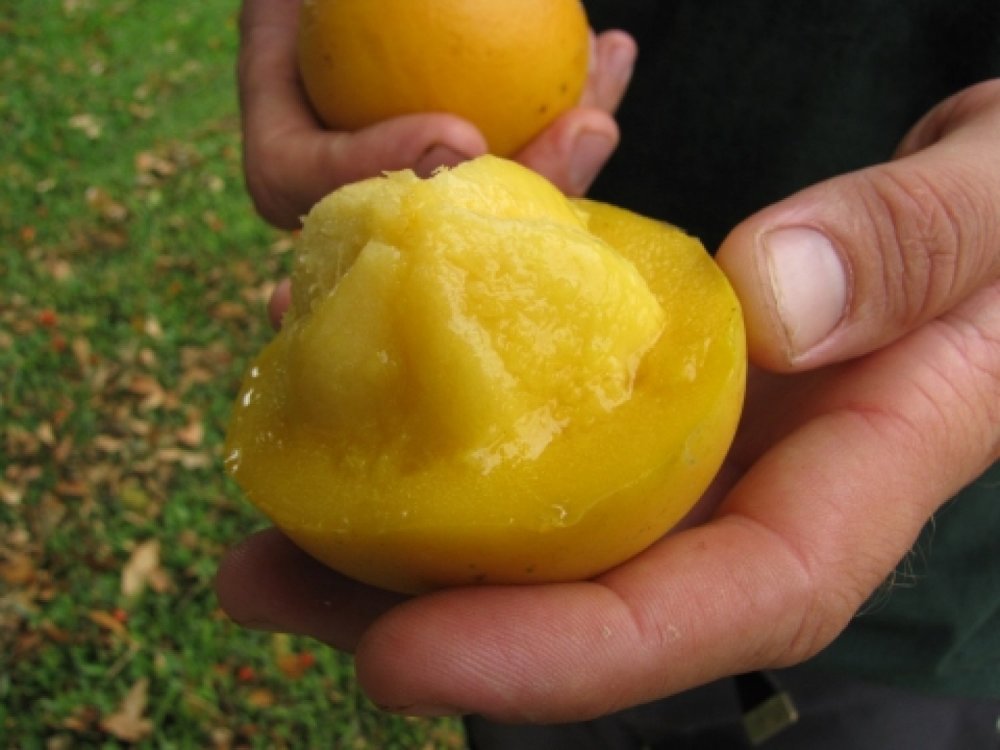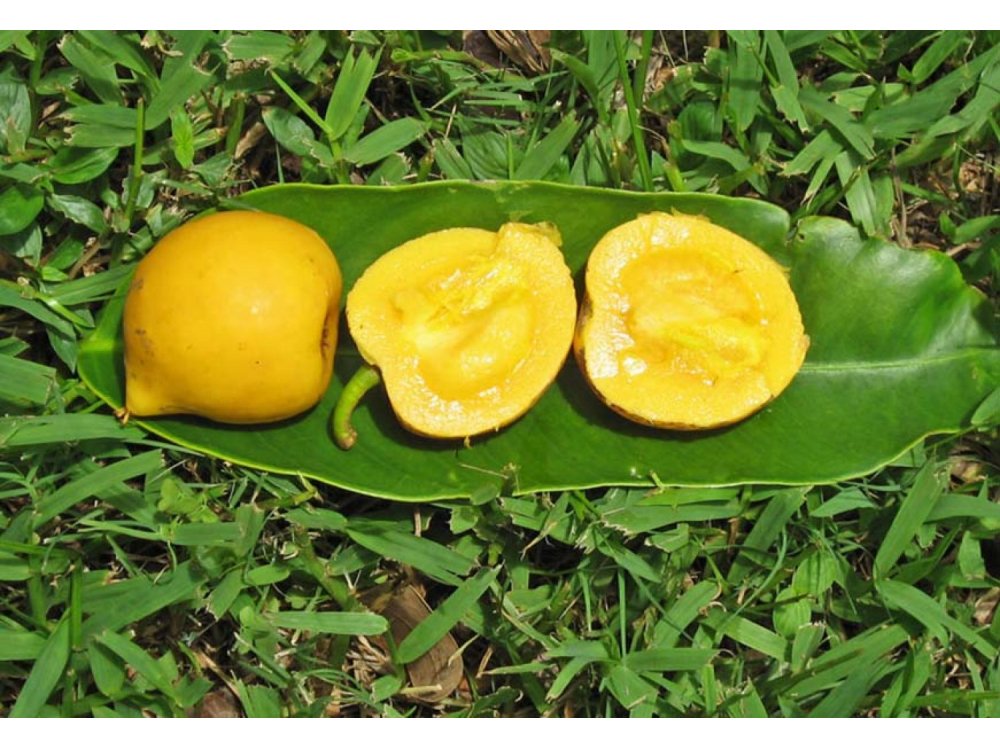Product description
Garcinia xanthochymus. Or false mangosteen or yellow mangosteen.
Garcinia xanthochymus is an evergreen tree with more or less horizontal branches and a dense pyramidal crown. it can reach 8 - 15 meters high
The tree is collected from the wild, and also cultivated and semi-cultivated, for its edible fruit and pigment
It is a source of 'gamboge', a multipurpose gum-resin commonly collected from various species of this genus and traded internationally.
Known risks: No one knows
Range
E. Asia - southern China, Indian subcontinent, Myanmar, Thailand to Indo-China.
Habitat
Dense wet forests from valleys or on hills at altitudes of 600 - 1,000 meters
Evergreen tree
Height 10.00 m
Cultivation details
Plant of warm, humid tropical regions, where it is found at altitudes up to 1,000 meters
Grows best in areas where annual daytime temperatures are within the range of 22 - 28°c, but can tolerate 16 - 36°c
The plants are tolerant of occasional light frosts
Prefers an average annual rainfall in the range of 1,500 - 2,000 mm, but tolerates 1,200 - 2,500 mm
Shade tolerant
Thrives in most well-draining soils, including poor soils and soils with a high pH
Prefers pH in the range of 6 - 7.5, tolerates 5.5 - 8
Very slow growing tree
Fruits in the 6th year
Flowering usually occurs after a period of severe drought and may occur twice a year.
The thin-skinned fruit is edible.
With a pleasant, acidic taste, it is mainly used as a breakfast fruit
It can be eaten fresh, used in sherbets, jams, curries and vinegars or as a flavoring in other foods
The fruit is a rich source of citric acid
The ripe berry is yellow, spherical or oval, sometimes oblique, with a diameter of 3 - 5 cm
Medical
The fruit is antiscorbutic, choleretic, refreshing, emollient and soothing.
Other Uses
The seeds yield up to 17% oil.
The juice of the fruit is used as a dye.
Gamboge, a resin obtained from the plant, is used as a yellow dye, as an illuminator, and in varnishes, water colors. The dye is often used to dye the garments of Buddhist priests
Gamboge is a gum-resin obtained from the bark, twigs and fruits of several species of the genus Garcinia. It contains about 70 - 80% resin with 15 - 25% gum and is mainly used as a pigment, used to dye textiles (the yellow silk garments of Buddhist monks are often dyed with it), as well as to provide a golden yellow coloration to varnishes, lacquers, paints, ink, water colors
Young plants are used as rootstocks for mangosteen, Garcinia mangostana
The dark gray-brown wood is close-grained, strong and very hard. Good quality.


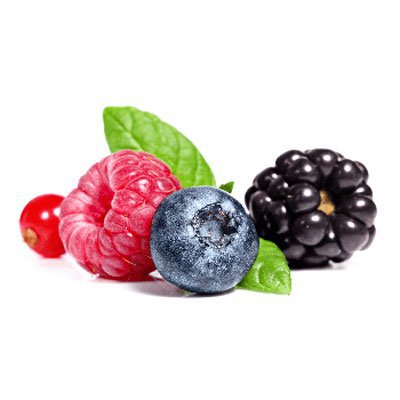
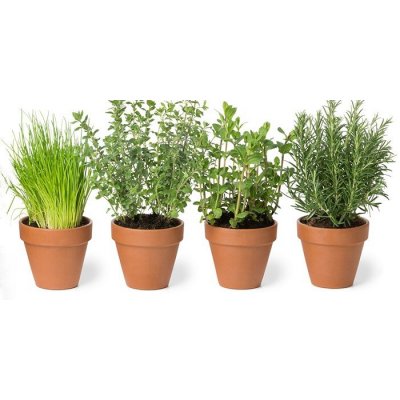
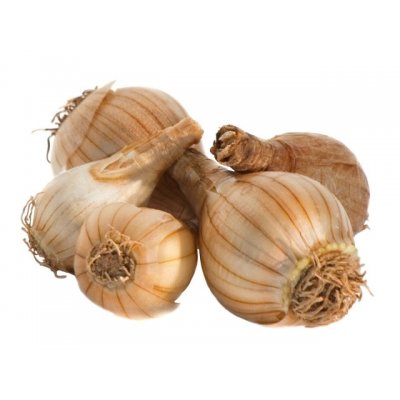
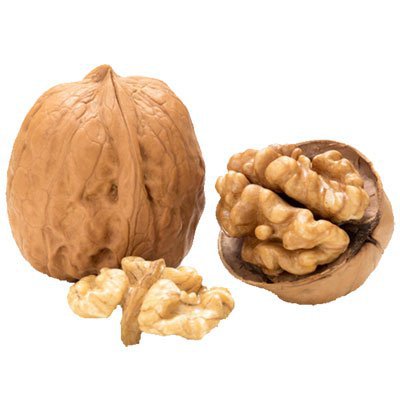
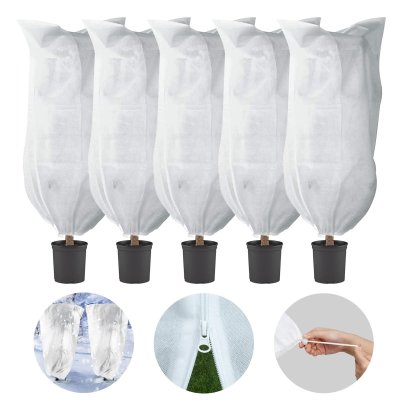
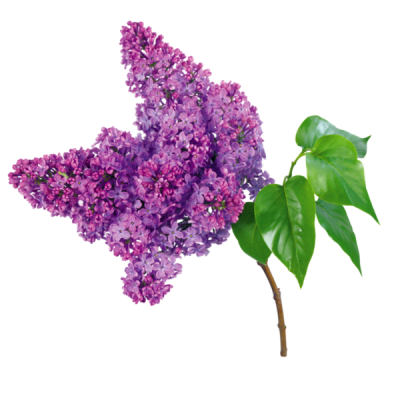
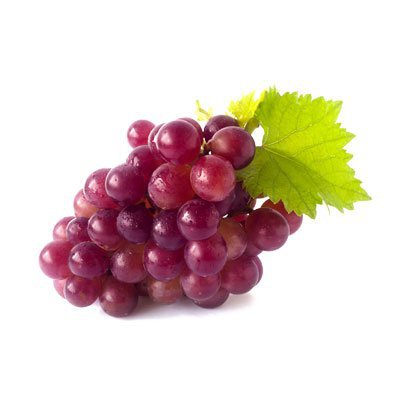
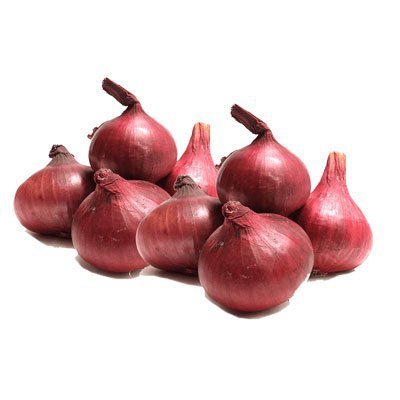
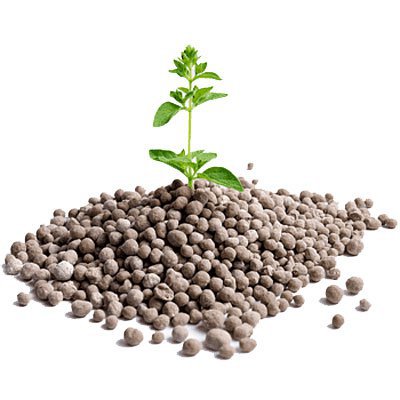
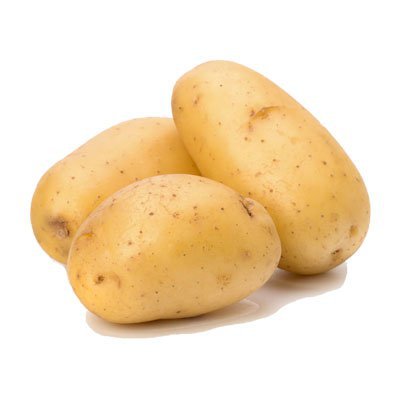
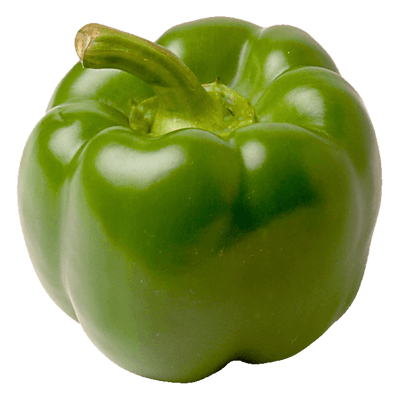
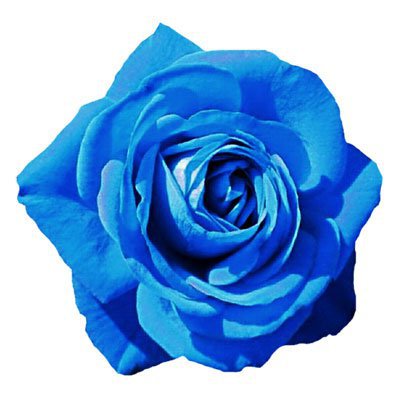

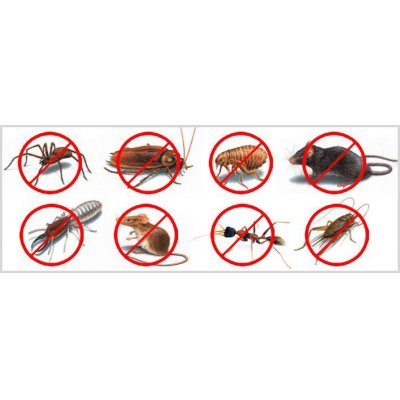
 Forest Fruit Plants
Forest Fruit Plants Spice Herbs Medicinal seeds
Spice Herbs Medicinal seeds Bulbs
Bulbs Fruit Trees
Fruit Trees Garden Materials
Garden Materials Ornamental Plants
Ornamental Plants Grapevine Plants
Grapevine Plants Onion Set
Onion Set Fertilizers
Fertilizers Potato seed
Potato seed Seeds
Seeds Roses
Roses Tropical Plants
Tropical Plants Home Pesticides
Home Pesticides